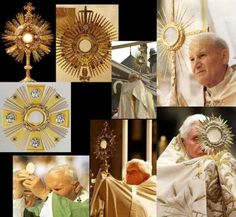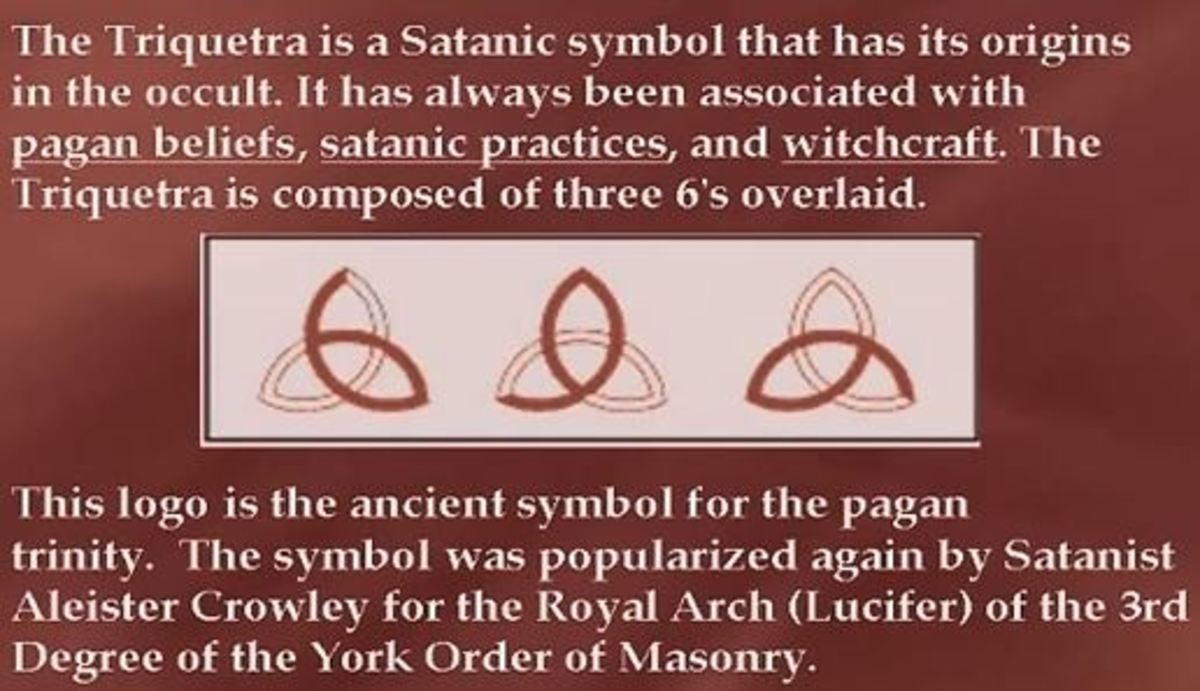Since you admit that such supposed apostasy is not covered in the scriptures, then you simply have undermined your own position. You claim that the Bible is your source, and yet such apostasy isn't found being covered there. In essence, you believe in a non-Biblical fabrication.
Umm.....you don't seem to have paid much attention, so I will repeat it one more time.....the apostasy is covered in some detail in the NT, but as a
future event. (Acts 20:30; 2 Thessalonians 2:6-12; 2 Peter 2:1-3; 1 Timothy 4;1-3; 2 Timothy 2:16-19; Hebrews 6:4-8) Look these scriptures up in your own Bible.....are they a "non-Biblical fabrication" or something you choose to ignore?

Therefore, is the "apostolic period" to also be disdained because there was some corruption, like we saw with Judas? Should we throw out the entire Bible since every part of the NT was written after Judas?
This is your reasoning?

Good grief!
True to Jesus warning about the 'weeds' of counterfeit Christianity being sown by the devil, soon after the death of the apostles, (and the implanting of the wheat) apostate teachers from within the congregation began to take control of it. They spoke
“twisted things to draw away the disciples after themselves." (Acts 20:29-30) As a result, many Christians ‘fell away from the faith.’ They were
“turned aside to false stories.” (1 Timothy 4:1-3; 2 Timothy 4:3-4)
By the fourth century C.E., according to
The New Dictionary of Theology, “Catholic Christianity had become the official . . . religion of the Roman Empire.” There was a
“coalescence of ecclesial and civil society”.......this was a merging of Church and State that was diametrically opposed to the beliefs of the early Christians. (John 17:16; James 4:4)
The same source states that in time, the whole structure and nature of the church, as well as many of its fundamental beliefs, was changed radically
“under the influence of a curious and thoroughly unhealthy combination of O[ld] T[estament] and neoplatonic models.” Just as predicted by Jesus Christ, his genuine disciples were hidden from sight as counterfeit Christian 'weeds' flourished. "Power corrupts"...and the power gained by the church in those early centuries, did exactly that.
Some can see it very clearly....some don't see it at all. (2 Corinthians 4:3-4)
Not according to the book of Acts and some of the epistles that covers the appointments by the apostles. And, logically, if they make these appointments that you can read right there in black and white in your Bible, then what logic is there that the leaders would not continue doing that for one very good reason: there was no other source since the Bible hadn't yet been canonized and the apostles were dying. The "mark" of the early church couldn't have been the Bible, and we know it wasn't. Instead, it was whether your leaders could point an unbroken chain back to the apostles, and we see that even in Acts taking place.
The Roman Catholic teaching of apostolic succession claims that there is an unbroken succession of popes in a line extending all the way back to the apostle Peter. (We believe that the church misinterprets Jesus’ words that are quoted at
Matthew 16:18, 19. It was not Peter upon whom the church was built, but Christ himself.)
Catholicism also claims that the pope is infallible in matters of doctrine when he speaks
ex cathedra, or in an official capacity. Many are taught to believe this and think that if the pope, whom Catholics call "Holy Father", is infallible in doctrinal matters and has proclaimed the Trinity to be true, then it must be true. But if he is not infallible, then the doctrine could very well be false. No wonder that for many Catholics the teaching of apostolic succession is a very important teaching, since the correctness or incorrectness of other Catholic teachings hinges on it!
I notice you and
@Shiranui117 quote little to no scripture in your responses. Is there a reason for that? Quoting Catholic writers is meaningless to me and many others.
The Apocryphal were sort of left in a "limbo" state in the 4th-5th century selection of the canon because there was some disagreement. But notice your inconsistency here, namely in essence admitting that it was indeed the CC that chose the Bible, even though that they hadn't decide on several of them. Inconsistent much?
No, I did not admit that the CC chose the canon. Scripture is not the work of men but written by those under the inspiration of God's spirit. It is the same spirit that chose the canon....God used the only "church" in existence at the time to compile it, but even then, they added to it later as you admit.
So Jesus lied. So, his statement about guiding the church until the end of time was a lie. So, his statement to Peter and the others about the gates of hell not prevailing against the church was a lie. I thought you said you believed in the Bible?
"Jesus lied"? Really? He was the one who told us about the weeds of false Christianity being sown soon after the wheat sprouted. Yet the RCC acts as if there never was any deviation. They happily admit to being the continuation of those weeds.
Daniel tells us that at "the time of the end" God would 'cleanse, whiten and refine' his people, yet we find no such cleansing or refinement in Christendom. They still promote teachings, adopted into "the church" centuries ago, for which there is no scriptural support at all. Jesus didn't lie, but Christendom does....through her teeth. I was brought up with those lies, so I am speaking first hand.
You should be ashamed of yourself for posting this. Over and over again I have given you links and explained that the CC gets its source from the Bible, which even common sense should tell you. It is easy to get links to what is said at any given mass in general, and yet you come back with the above statement of utter dishonesty.
I am not ashamed to tell the truth metis. If you do not believe what I say is true, then defend the church and its doctrines. Since you already admit to disagreeing with 99% of what it teaches, I find this rather strange TBH.
The trinity comes from Babylon....
The New Encyclopædia Britannica says:
“Neither the word Trinity, nor the explicit doctrine as such, appears in the New Testament, nor did Jesus and his followers intend to contradict the Shema in the Old Testament: ‘Hear, O Israel: The Lord our God is one Lord’ (Deut. 6:4). . . . The doctrine developed gradually over several centuries and through many controversies. . . . By the end of the 4th century . . . the doctrine of the Trinity took substantially the form it has maintained ever since.”—(1976), Micropædia, Vol. X, p. 126.
Ancient trinities are common, but not found anywhere in the Bible. No Abrahamic faith teaches a trinity except Christendom....and they did not get it from scripture.
Do you see what I see? Perhaps not.

The doctrine of Mary as the "Mother of God" is based on this erroneous doctrine. She is only ever called "the mother of Jesus" in the Bible, and since Jesus never claimed to be God, that doctrine can be traced back to Babylonian "mother goddess worship", seen in ancient cultures, but never in original Christianity.
None of her titles come from the Bible either....."Mother of God"..."Queen of Heaven"..."Our Lady"...all come from pagan mother goddess worship.
I could go on for pages metis, but what would be the point?
If you are happy attending the Catholic Church with your wife, then that is of course, entirely your choice. We all have free will in the matter of worship. But we believe that we are living in the "time of the end" and that there is no room or time for error in our choices....so we must be absolutely sure that what we believe is true and not be sucked in by the weeds established by the devil, centuries before any of us were even born.







 Good grief!
Good grief! 
